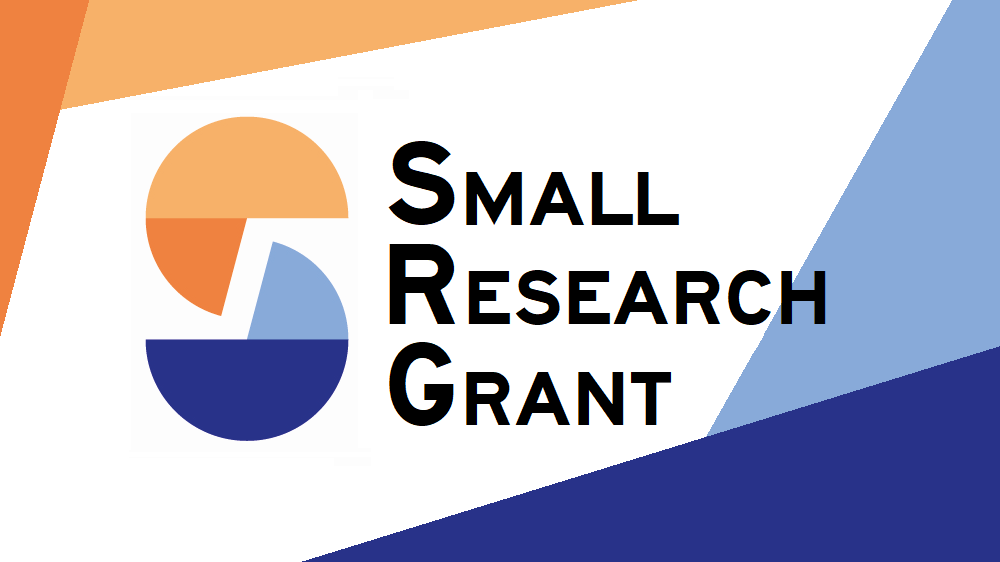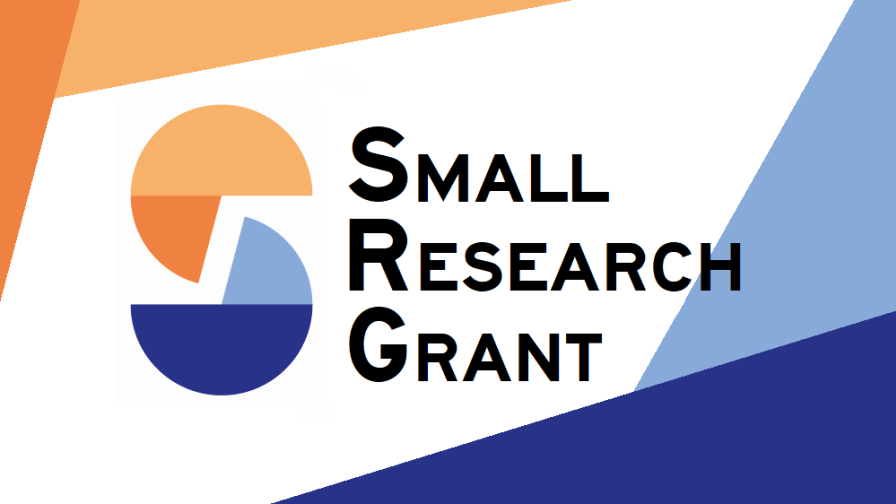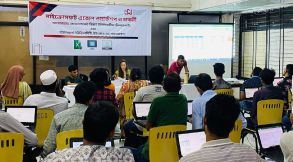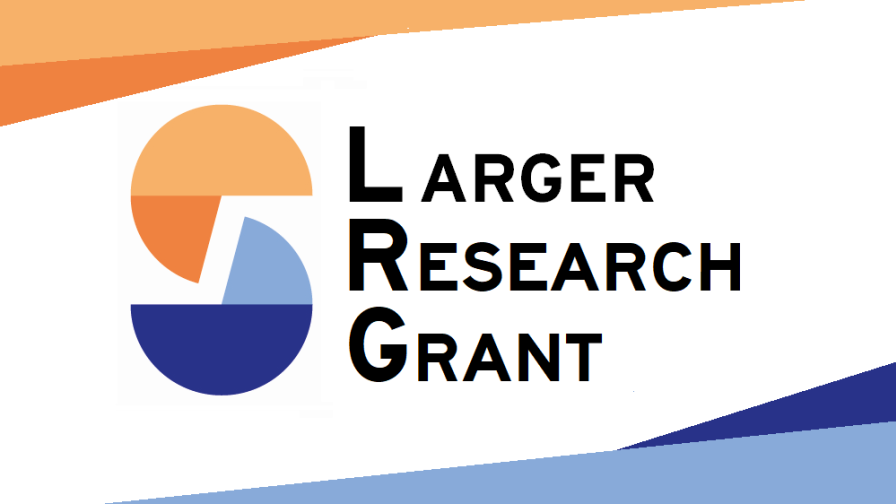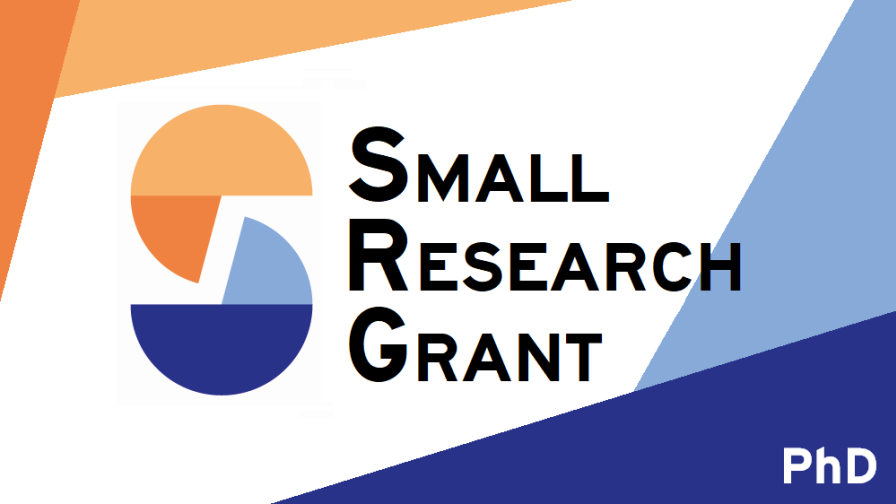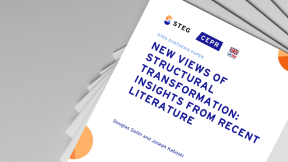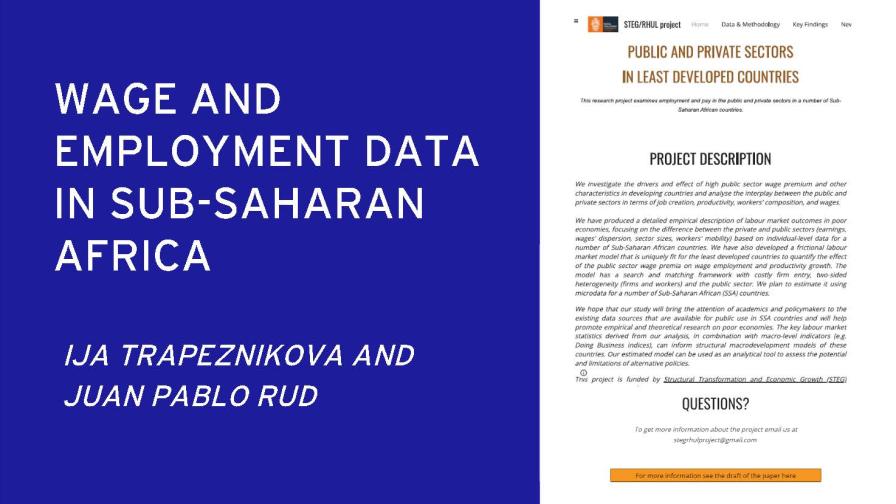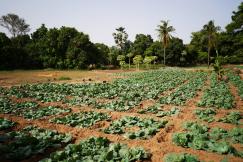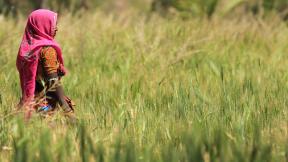This project explores how frictions in occupational choice affect economic development and social mobility. Occupational choice is a fundamental component of talent allocation, and previous research has demonstrated that labour market frictions which distort these choices can exert significant impacts on both aggregate productivity and inequality. The researchers investigate a prevalent occupational pattern which potentially has significant efficiency consequences: occupational dynasties. They aim to uncover why certain countries and professions are more dynastic than others, as well as consequences of occupational dynasties for economic development and social mobility. By investigating the frictions in occupational choice and their impact on economic development and social mobility, they seek to uncover an aspect of talent allocation that significantly shapes a society's trajectory.
The research team will leverage microdata from 320 censuses across 89 countries spanning over 50 years. This dataset will enable them to link the occupations of parents and their children. Using this data, the researchers will construct a simple measure of the dynastic bias of each occupation, based on an individual’s odds of entering that occupation if his father was in it versus if his father was not in it. Their extensive dataset will empower them to gauge dynastic bias across over 2000 occupations and enable them to present stylised facts on occupational dynasties around the world.
The study’s most direct policy contribution is making its measures of dynastic bias for each occupation available to policymakers in the concerned countries. Policymakers can learn whether their country’s labour market is relatively more or less dynastic compared to other low-income/SSA countries. The authors will also suggest which occupations in their countries are unusually dynastic relative to a global benchmark. This may prompt policymakers – who will understand the particular barriers related to entering specific occupations in their countries – to take measures to open access to these occupations. On a broader level, the project will also inform policymakers about which policies have historically succeeded in reducing the prevalence of occupational dynasties and highlight the productivity and social mobility gains of adopting these policies.
